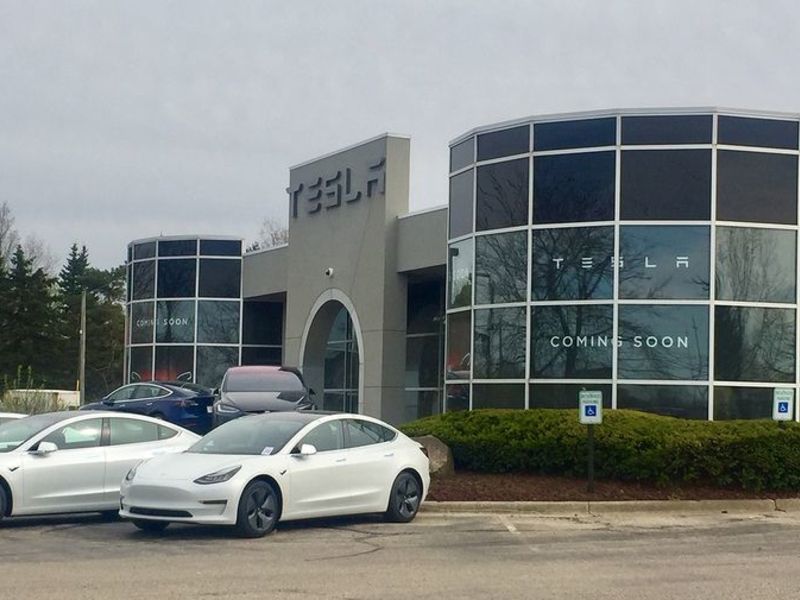
Nearly 8 out of 10 electric vehicles registered in the U.S. last year were from one particular California automaker.
You guessed it: According to new data from Experian, Tesla accounted for 79 percent of U.S. EV registrations in 2020, with 200,561 of its battery-electric vehicles registered, a 16 percent jump from 2019, when owners registered 172,438 Teslas.
All four Tesla models ranked among the top five EVs last year. The Chevrolet Bolt small hatchback had the third most U.S. registrations among electric vehicles in 2020, at 19,664. That was up 20 percent from the year before.
But the Bolt still lagged far behind the first-place Tesla Model 3 sedan, which, despite a 32 percent drop in registrations, still topped 95,000, and the second-place Tesla Model Y crossover, which logged more than 71,000 registrations in less than a full year on the market. Tesla’s Model X and Model S rounded out the top five.
Notably, Tesla and General Motors registrations were up, even though their vehicles are no longer eligible for the $7,500 federal tax credit for buyers of battery-electric and plug-in hybrid vehicles. Among those still eligible is the Nissan Leaf, which ranked sixth in 2020 registrations at 8,972, a drop of nearly 28 percent from 2019.
Registrations of the No. 7 Audi E-tron, which hit the U.S. market in 2019, surged 43 percent in 2020.
The Porsche Taycan landed at No. 8 in 2020, the first full year of sales for the car. The automaker had a rough sales start, including a pandemic-related six-week factory shutdown in the spring.
Even as the pandemic led the U.S. auto market to shrink overall, total EV registrations managed to grow 11 percent last year, to 252,548, according to Experian. Automakers continue to place big bets on the technology, despite EVs still making up just a small fraction of vehicles registered: 1.8 percent last year compared with 1.4 percent in 2019.
At last week’s virtual NADA Show, auto retail expert Glenn Mercer said automakers were planning a “deluge” of new EVs for the U.S. market.
“We’re upping our electric vehicle sales penetration forecast for 2025 and beyond, mostly because of expanding supply, not because of surging demand,” Mercer said.

